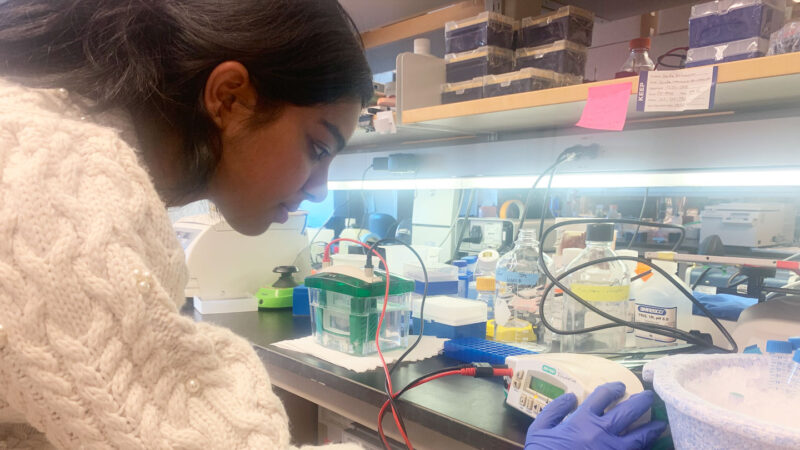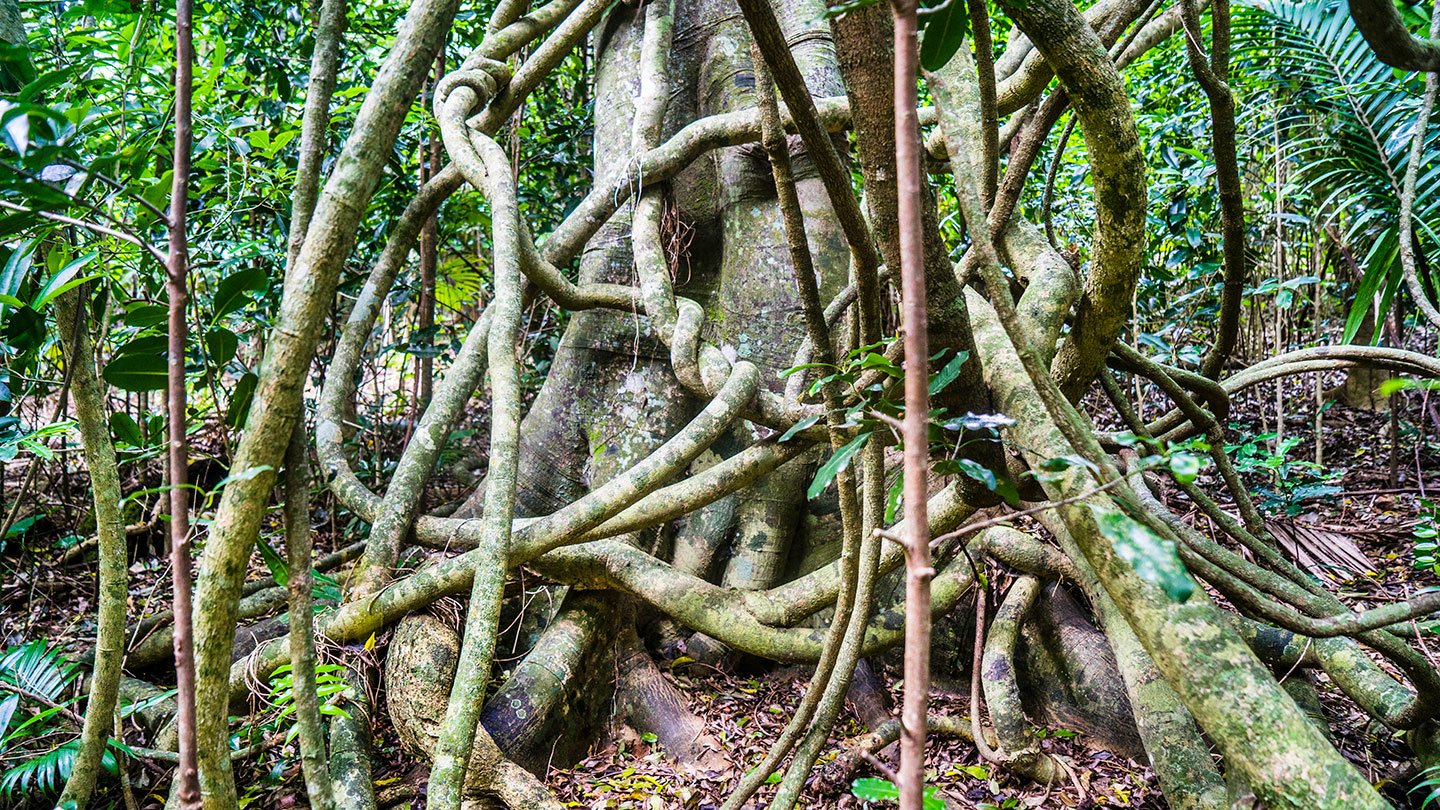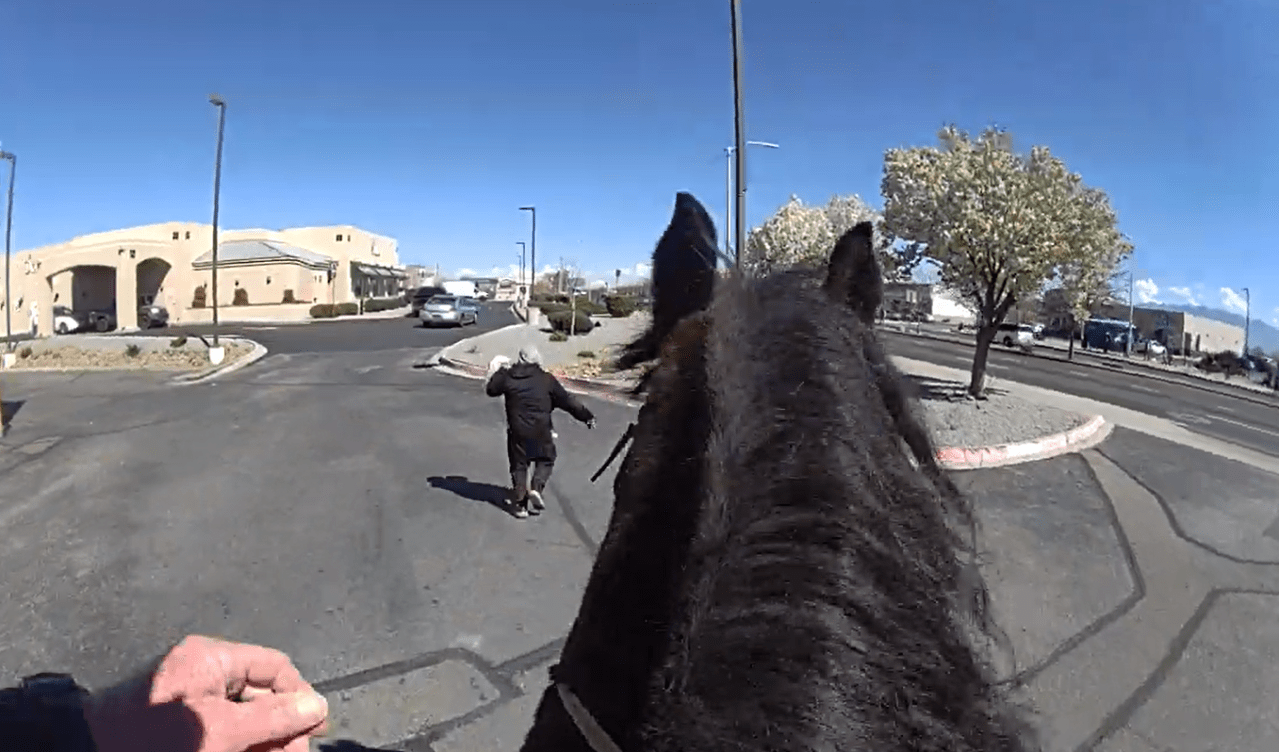
teenager: Someone in that transitional stage of physical and psychological development that begins at the beginning of puberty, usually between the ages of 11 and 13, and ends with adulthood.
anxious: (n. anxiety) a feeling of dread over some possible or impending situation, usually one over which one feels they have little control.
biology: the study of living things. Scientists who study them are known as biologists.
cancer: Any of more than 100 different diseases, each characterized by rapid, uncontrolled growth of abnormal cells. The development and growth of cancer, also known as malignancy, can cause tumors, pain and death.
Celiac disease: (also known as sprue) is a disorder in which the immune system attacks the small intestine when it encounters foods containing gluten, a wheat protein. People with this disease experience abdominal pain, constipation, diarrhea and constant fatigue. They must avoid gluten-containing products such as bread, cakes and cookies.
Cerebral palsy: A group of disorders that affect someone’s ability to move. It arises from damage to the developing brain during pregnancy, birth, or soon after. Symptoms may include poor muscle coordination, decreased muscle tone (strength), poor reflexes and balance. There is no cure for this disease, but its effects may improve or worsen with age. Some patients may also have other brain impairments that affect speech, hearing, vision, and more.
chemical: A substance composed of two or more atoms that combine (bond) in a specific ratio and structure. For example, water is a chemical substance when two hydrogen atoms bond with one oxygen atom. Its chemical formula is H2O. can also be an adjective to describe properties of chemical substances that are the result of different reactions between different compounds.
milk: Containing or relating to milk. or a building or company where milk is prepared for distribution and sale.
Information: Data and/or statistics collected together for analysis but not necessarily organized in a way that gives them meaning. For digital data (the type stored by computers), these data are usually numbers stored in a binary code, represented as a string of zeros and ones.
to digest: (noun: digestion) breaking down food into simpler compounds that the body can absorb and use for growth. Some sewage-treatment plants use microbes to digest — or degrade — waste so that the broken down products can be recycled for use elsewhere in the environment.
enzyme: Molecules made by living things to speed up chemical reactions.
the family: A classification consisting of at least one genus of organisms.
fruit: A seed-bearing reproductive organ in a plant.
movement: The pattern of foot movement by which an animal moves in place.
gluten: A pair of proteins — gliadin and glutenin — combine together and are found in wheat, rye, spelled and barley. Bound proteins give bread, cake and cookie doughs their elasticity and chewiness. Some people may not be able to tolerate gluten easily, but they are allergic to it or suffer from celiac disease.
high school: A designation in the US system of compulsory public education for grades nine through 12. High school graduates can apply to colleges for further, advanced education.
innovation: (v. to innovate; adj. innovative) an adaptation or improvement to an existing idea, process, or product that is new, clever, more effective, or more practical.
Lactose: A type of sugar found in milk and other dairy products.
Lactose intolerance: Inability to easily digest lactose, a sugar found in milk and other dairy products. People with this disease do not produce an enzyme (or enough of this enzyme) to break down lactose into two simple sugars: glucose and galactose. They are more easily absorbed into the bloodstream for use in cells. This condition usually does not appear after 2 years of age. People — especially adults — who make too little of the enzyme lactase may experience abdominal pain, gas, bloating, and diarrhea soon after eating relatively large amounts of lactose-containing foods.
consultant: A person who lends his experience to recommend a start in a field. In science, teachers or researchers often mentor students or young scientists by helping them refine their research questions. Mentors can also provide feedback on how young investigators prepare to conduct research or interpret their data.
pesticides: a chemical or mixture of compounds used to kill insects, rodents or other organisms harmful to cultivated plants, domestic animals or livestock; or unwanted organisms that invade homes, offices, farm buildings and other protected structures.
Ph.D: (also known as doctorate) A type of advanced degree awarded by universities — usually after five or six years of study — for work that produces new knowledge. People qualify to begin this type of graduate study only after first completing a college degree (a program that typically takes four years of study).
pollinator: Something that carries pollen, the male reproductive cell of a plant, to the female part of a flower, allowing fertilization. Many pollinating insects such as bees.
artificial: Adjective that refers to a prosthesis.
Science Talent Search: An annual competition created and conducted by the Society for Science Started in 1942, the event brings 40 research-oriented high school seniors each year to Washington, DC to showcase their research to the public and compete for awards. Since spring 2016, the competition has been sponsored by Regeneron Pharmaceuticals.
sensor: A device that collects information about physical or chemical conditions — such as temperature, barometric pressure, salinity, humidity, pH, light intensity, or radiation — and stores or transmits that information. Scientists and engineers often rely on sensors that may change over time or that are far away from what a researcher can directly measure to inform them. (in biology) the structure that an organism uses to sense features of its environment such as heat, wind, chemicals, moisture, injury, or attack by predators.
Society for Science: Since its founding, a nonprofit organization created in 1921 and based in Washington, DC, the Society has promoted not only public involvement in scientific research, but also public understanding of science. It has created and continues three famous science competitions: Regeneron Science Talent Search (started in 1942), Regeneron International Science and Engineering Fair (first launched in 1950) and Masters (from 2010 to 2022) and Thermo Fisher Scientific Junior Innovators. Challenge (launched in 2023). The Society also publishes award-winning journalism: In Science News (launched in 1922) and Explore science news (created in 2003).
steady: The condition of being stationary and unchanged.















